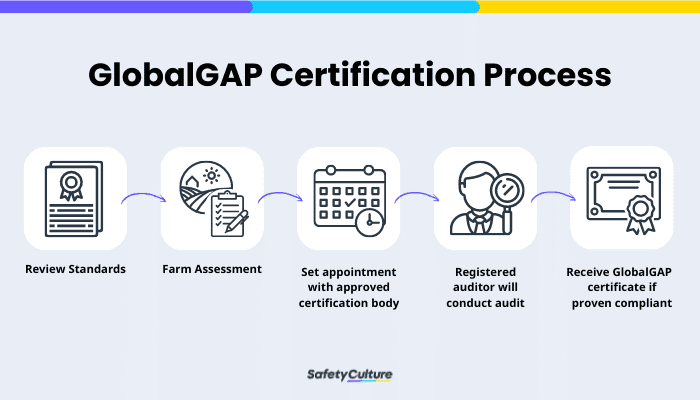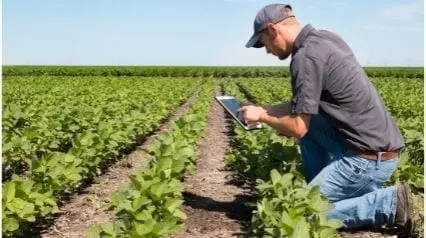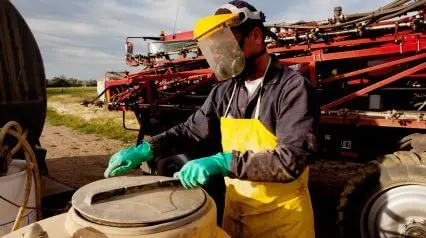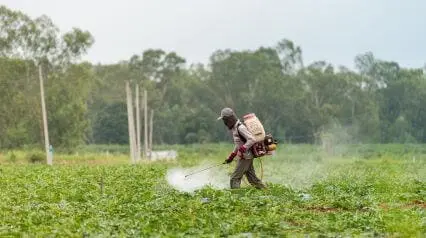What is GLOBALG.A.P.?
GLOBALG.A.P. is an organization that sets voluntary global standards and develops an independent certification system for food and worker safety, sustainability, and other Good Agricultural Practices (GAP). It requires producers to establish a complete control and monitoring system to ensure the certified product is safe before the seed is planted until it leaves the farm.
GLOBALG.A.P. Background
GLOBALG.A.P. was created in 1997 as EurepGAP, a common standard for farm management practice that aims to find solutions to growing concerns of consumers on product safety, health and welfare of workers, and product environmental impact. It was developed using the Hazard Analysis and Critical Control Points (HACCP) guidelines and is governed according to the ISO/IEC 17065 for product certification schemes.
EurepGAP changed its name to GLOBALG.A.P. in September 2007 to reflect its expansion from the European region to a more global scale in establishing the leading international GAP standards between multiple retailers and suppliers.
The GLOBALG.A.P. standard sets an international benchmark that integrates concepts, definitions, and guidelines of other existing standards to serve as a global reference that can be applied by all parties primarily involved in the food sector.
GLOBALG.A.P. Certification Process
GLOBALG.A.P. covers a variety of farm production standards, encompassed in the Integrated Farm Assurance (IFA) that covers GAP for agriculture, aquaculture, livestock, and horticulture production. It involves all stages of production, from pre-harvest activities to post-harvest production including handling, packing, and storing. The registered certification bodies are authorized to issue certificates on behalf of GLOBALG.A.P.
Food producers can prepare for GLOBALG.A.P. certification by engaging with consultants to seek advice or assess internally before getting third-party help. The following steps can help interested parties get GLOBALG.A.P. certification.

Understand the Scope
Food producers must grasp the scope of GLOBALG.A.P. standards to prepare for certification. Learn the requirements and analyze the processes to determine how they fit with their existing methods.
Carry Out Self-Assessment
Conduct an internal audit to identify gaps in current processes and discover areas for improvement. Make an essential adjustment to those identified nonconformances and implement corrective action. Change the existing system if necessary and ensure compliance with all the critical points and criteria of the standard.
Create your own GLOBALG.A.P. internal audit checklist
Build from scratch or choose from our collection of free, ready-to-download, and customizable templates.
Browse GLOBALG.A.P checklistsSet an Appointment with GLOBALG.A.P. Approved Certification Body
A registered auditor will conduct the first on-site GLOBALG.A.P. audit to inspect the agricultural land. They will assess the overall process if it complies with the GLOBALG.A.P. standards.
Receive GLOBALG.A.P. Certificate
A GLOBALG.A.P. certificate that is valid for a year will be given as proof of successful completion of the GLOBALG.A.P. audit and that the farm complies with the GLOBALG.A.P. requirements, and its relevant versions and scope.
Integrate ESG principles into your operations
Drive sustainable growth and create long-term value with our ESG solutions.
Explore nowBenefits of Having a GLOBALG.A.P. Certification
GLOBALG.A.P. certification can help food producers sell their products globally. It allows them the opportunity to reach global customers, markets, suppliers, and retailers that require GLOBALG.A.P. certification. They can also enjoy the following benefits:
- sustainable and responsible farming methods;
- reduced exposure to food and product safety reputation risks;
- improve the efficiency of farming processes and management; and
- ensure the welfare of farmers, animals, and the environment.




